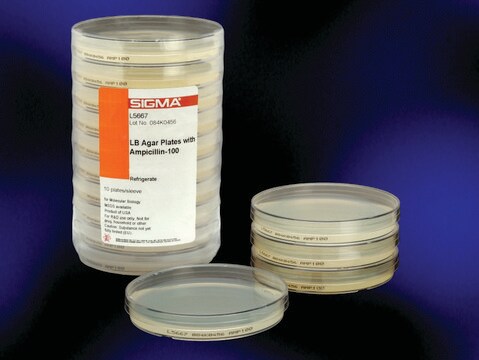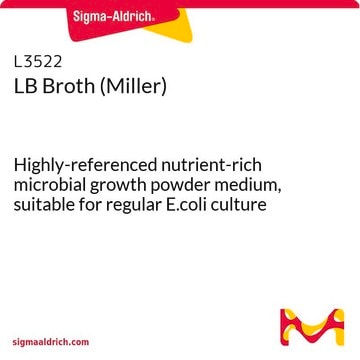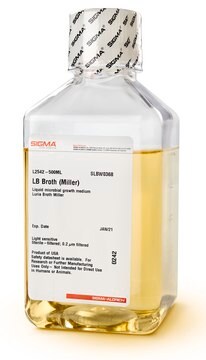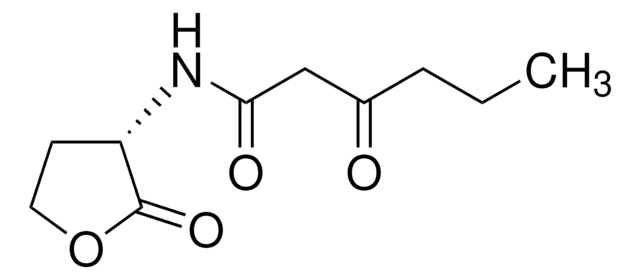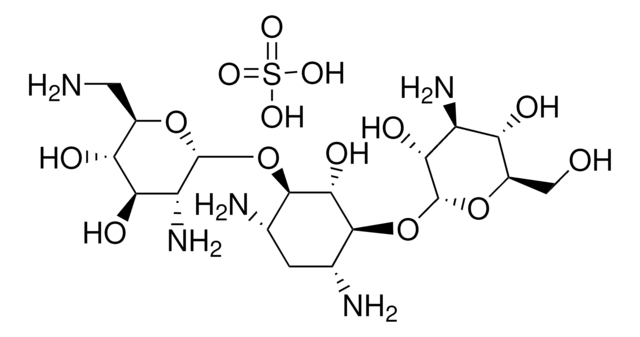L0543
LB Agar Kanamycin-50, Plates
pre-poured LB agar plates with 50 ug/ml kanamycin
Synonym(s):
kanamycin agar plates
About This Item
selective for coliforms
Recommended Products
grade
for molecular biology
Quality Level
sterility
sterile; autoclaved
form
plates (10 cm)
plates (10cm, 20-25ml each)
capacity
20-25 mL
storage temp.
2-8°C
suitability
selective for Escherichia coli
selective for coliforms
General description
Application
Features and Benefits
- Convenient, ready-to-use 10cm format
- Standard formulation plus antibiotic
Components
10g/L Tryptone
10g/L NaCl
5g/L Yeast Extract
50μg/ml kanamycin
related product
Storage Class Code
12 - Non Combustible Liquids
WGK
WGK 2
Flash Point(F)
Not applicable
Flash Point(C)
Not applicable
Choose from one of the most recent versions:
Already Own This Product?
Find documentation for the products that you have recently purchased in the Document Library.
Customers Also Viewed
Articles
The development of genetic engineering and cloning has opened many possibilities of expression and isolation of heterologous proteins for research purposes. Considerable advances in technology have enabled expression and isolation of recombinant proteins in large scale.
Our team of scientists has experience in all areas of research including Life Science, Material Science, Chemical Synthesis, Chromatography, Analytical and many others.
Contact Technical Service